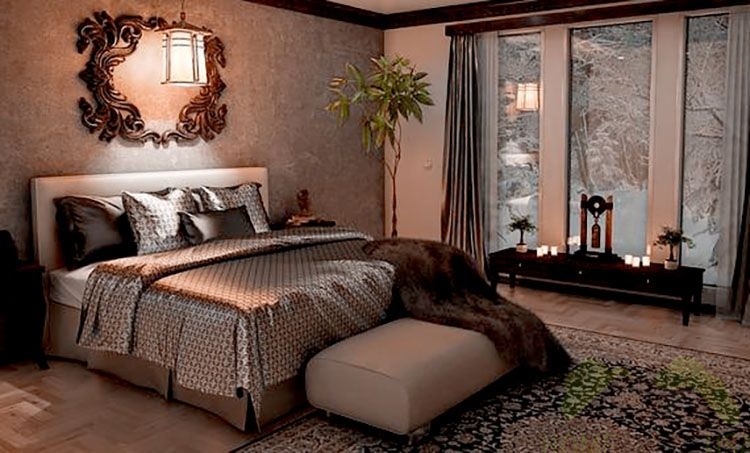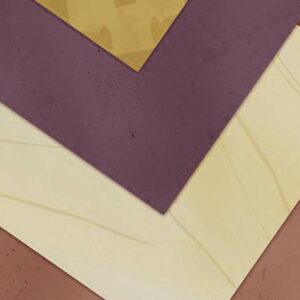Soundproofing your home is something essential to consider because of various reasons. If you want to be able to relax at home unbothered by the exterior sounds of car engines and people, then you can’t go without soundproofing.
Isolating your home from sound is also important if you want to keep your privacy and avoid conflict with neighbors because of noises that are coming from your home.
Especially if you are an audiophile and you want to enjoy quality hi-fi sound either when listening to music or watching films for the cinematic experience, you could benefit a lot from this article.
How to Soundproof Your Home Easily and Cheaply
You don’t need to be a professional and you also don’t need a ton of money to soundproof your home.
In this article, we will give you some easy tricks on how to reduce the sound coming to or from your home without having to invest in insulation and drywall. These tricks are often used by professionals and the best thing about them is that they won’t be costing you a lot of money.
Now, here is how to DIY soundproof your home cheaply to enjoy the quality sound from your Hi-Fi audio system or simply relax in comfort.
1. Rugs
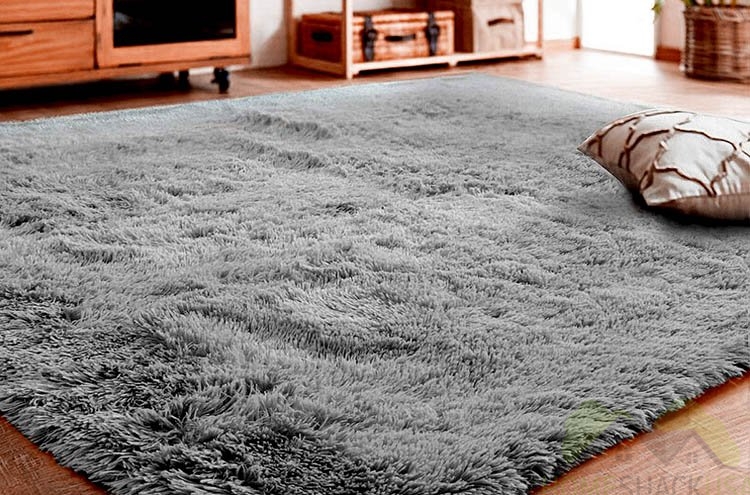
The sound wave gets reflected by hard surfaces, especially large ones such as the floors.
It might not seem like a rug or a carpet will do a lot when it comes to soundproofing, but the truth is placing carpets and rugs in your home will really go a long way.
The thicker the rug, the more sound it will absorb and thick rugs will also add a touch of coziness to your home atmosphere.
2. Weather Stripping
Weatherstripping is something more typical for entrance doors, but adding some to your interior doors will stop the propagation of sound and contribute to the insulation of your home. You can add weather stripping made of felt, which is quite affordable, or get some peel-and-stick rubber stripping.
If there is a gap under your entrance door, consider adding weatherstripping and a door sweep which will additionally absorb sound.
The reason why this solution is so effective is the fact that sound comes in louder when it passes through a narrow slit such as the gaps under doors so by closing them you stop a big amount of sound vibrations.
3. Noise Reducing Curtains
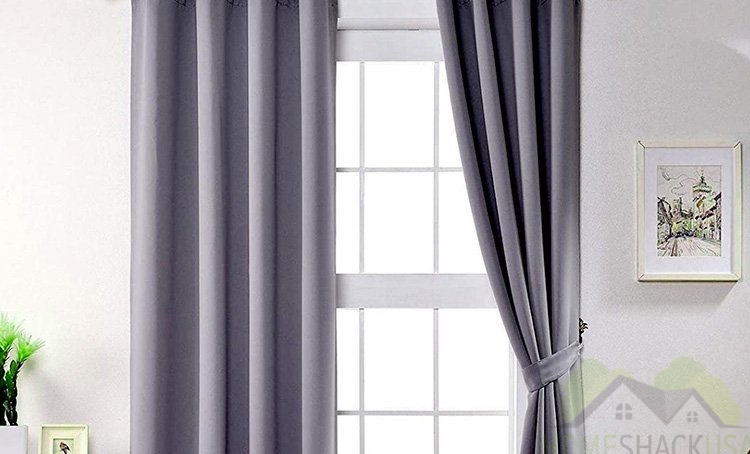
The windows do not do a great job stopping sound but you can change them by installing sound-proof curtains.
Noise-reducing curtains are a common choice for soundproofing bedrooms, where it’s essential to keep the noise from outside from ruining your sleep.
These thick curtains are designed in such a way that they effectively block noise from entering the room and they let you sleep soundly and wake up refreshed.
4. Decrease Vibrations
Sound is actually a vibrating mechanical wave that our brain perceives as tones and noise. All the sound-producing audio equipment in your home produces certain vibrations that add to the noise and prevent you from enjoying a quality sound.
You can decrease vibrations by placing a mat made of foam rubber or other sound-insulating material. It will absorb vibrations not only from speakers but also from any noisy piece of technology in your home.
5. Wall Hangings
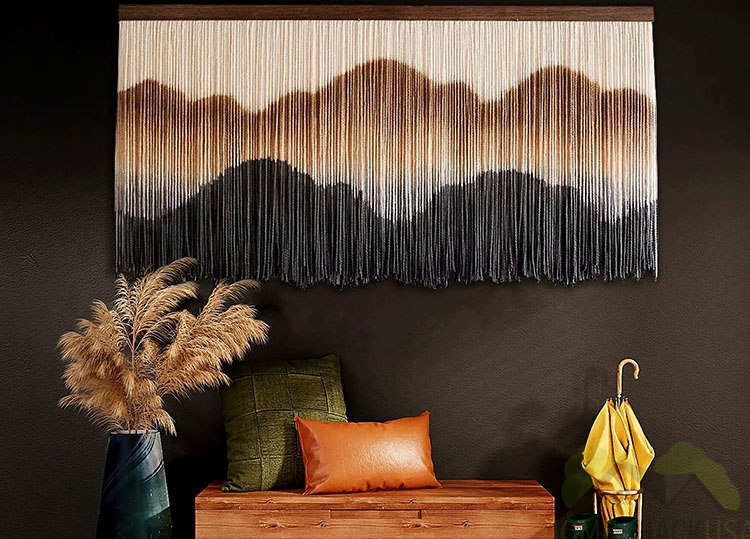
The walls are also very reflective surfaces when it comes to sound. It’s important to look for ways to cover them so that part of the vibrations is absorbed rather than reflected.
Wall hangings such as tapestries, quilts, and corkboards will go a long way. The softer and thicker the material, the better it will absorb vibrations.
6. Acoustic Panels
Acoustic panels are a type of wall hangings that are specifically designed to reduce noise and absorb vibrations. These panels are either hard or soft-furnished and made from a porous material that absorbs sound waves preventing them from reflecting off hard surfaces.
You don’t need to cover all your walls with such material. Acoustic panels will effectively absorb sound even if you place one or two panels in strategic places in the room.
7. Bookcases

An empty room will always reflect sound and cause a reverberating effect, while a room that is furnished will provide more sound-absorbing materials.
A bookcase will add a layer to your wall which will prevent sound from escaping or entering it, especially if the walls are thin.
Sound travels much easier through thin surfaces than through ones that are massive and resist vibrations.
Books are made from softer materials in which sound too propagates harder than in hard materials such as wood or bricks.
A bookcase that reaches all the way to the ceiling is a good way to soundproof your home without investing in additional insulation.

